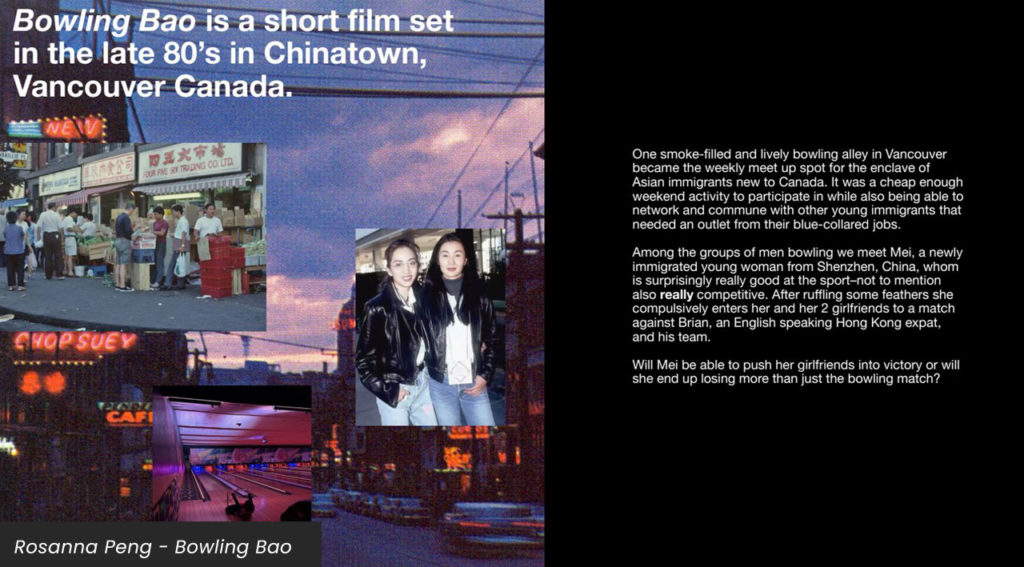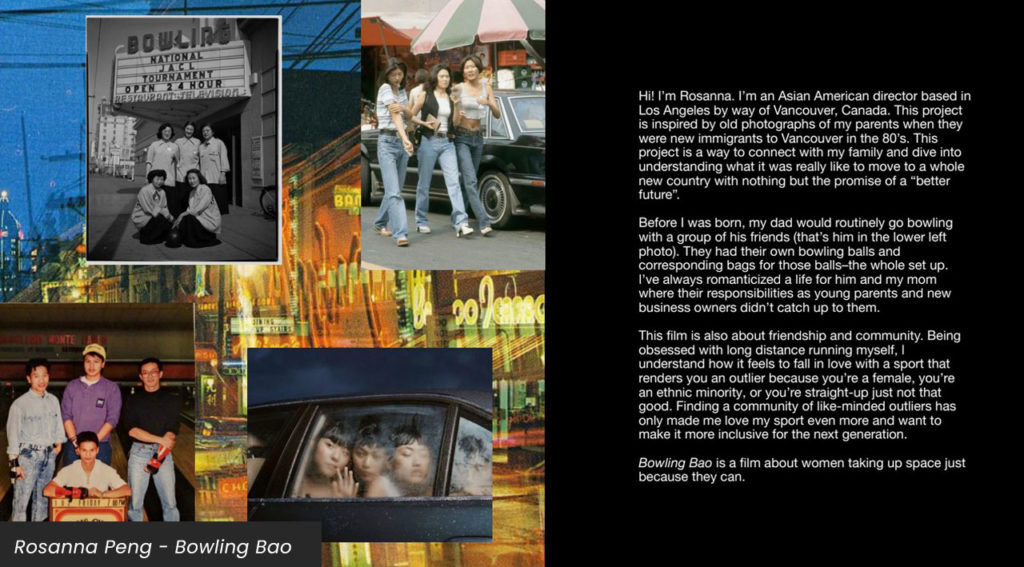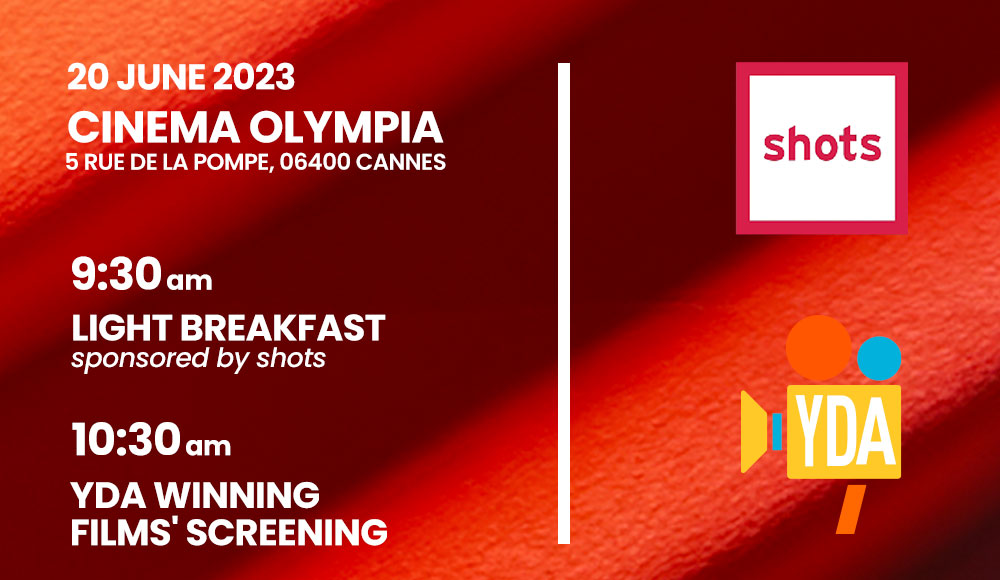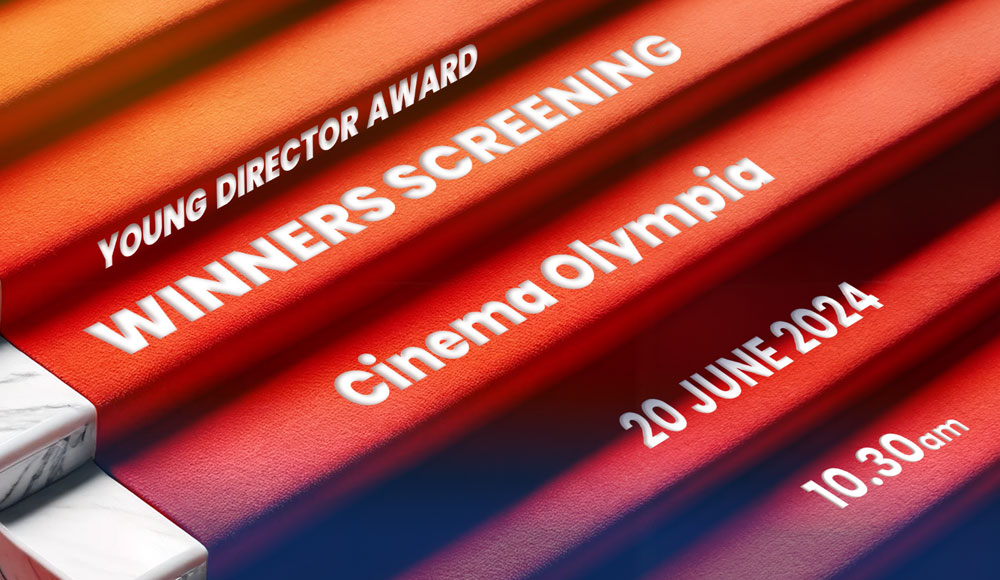Canadian director Rosanna Peng picked up a Gold in the Dreampitch: Short Film category with her pitch for Bowling Bao. Here, she chats to Izzy Ashton about bowling teams from the 1980’s, women taking up space in male-dominated arenas, and future projects.
Did you always know you wanted to be a director? What do you enjoy about directing?
Honestly, no. I was enamoured by filmmaking through editing; I loved how I could reconstruct a new world in the safety of post production. Being self-taught though, I wanted to have more control of the footage that I was editing so I started to learn how to use a camera and would shoot/direct small projects.
Directing was one area that I felt like I wanted to push myself more into because it challenged me both creatively and personally. It forced me to be a better communicator and listener while remaining present in the process.
Who are you inspired by? Another director, artist or someone in your everyday life?
Lately I’ve been inspired by the work of literary authors. Reading the work of Min Jin Lee, author of Free Food for Millionaires and Pachinko, got me excited about storytelling. I also resonate with Min Jin Lee’s unconventional career path, how she quit her law firm job to pursue writing. One of my favourite books, Free Food for Millionaires, was her first published novel.

Where did the idea for Bowling Bao come from?
Bowling Bao was inspired by my dad’s bowling team in the 80’s. Before I was born, my dad would routinely go bowling with a group of his friends, who he still keeps in touch with to this day. They had their own bowling balls and corresponding bags for those balls. The whole set up. I’ve always romanticised a life for him and my mum where their responsibilities as young parents and new business owners didn’t catch up to them.
Could you talk about what it was like to capture your parent’s story, your parent’s history? Were they involved in the project at all or more the inspiration behind it?
When I visited my hometown, Vancouver, I would record voice memo interviews with my parents separately. I wanted to capture Chinatown in the 80’s authentically because it sounded special. Imagine moving across the world and finding a pocket where you can speak your native tongue with almost everyone you encounter. My parents enjoyed being interviewed because they’d recall little details they’d forgotten. Surprisingly, they still remember a lot from that time. I think it has to do with how vulnerable, exciting, and new everything felt. They were core memories of their experience as new immigrants.
What do you think working on this project helped you to understand about your parent’s experience?
I love being able to relate with their past selves. Moving across the country to Toronto in my 20s showed me a glimpse of the culture shock they experienced. One thing that stands out from their experience is how warm the Chinatown community felt. Everyone had each other’s backs. They’d share jobs, leads on housing, information about public funds available, etc. I think I had always assumed their immigrant experience was difficult and lonely, which it was. But having a strong community helped ease them into their new lives quickly.

Do you have an idea of who or how you’re going to cast for the film?
No ideas yet!
What do you feel you’ve learned from developing this film? Is this a subject matter, particularly the notion of women taking up space just because they can, that you’d like to continue to explore in the future?
Coming up with a film idea has been my New Year’s resolution for the past three to four years, but the more that I procrastinated, the more that I felt like a total imposter because I couldn’t come up with anything and vice versa. I’ve learned that the simple act of just starting and writing a ‘bad’ script can inspire more ideas. I had to let go of my own pressure of coming up with the most unique and creative idea and just focus on making something I wanted to see.
The subject matter of women taking up space in male-dominated arenas is definitely something I will continue exploring whether on film or in real life. It’s not a conscious thought, but I like challenging my own perceptions of what makes a space ‘safe’ vs. uncomfortable and how I can still stand tall and hold my own in either.
Congratulations for your win. What does it mean to you to pick up this award, particularly in the Dreampitch category?
My Executive Producers, Tomás Whitmore and Vertel Scott, actually submitted the pitch without my knowing until we got shortlisted, then won. The award means a lot. It represents the support that became available to me once I took the first step of creating. We’re going to make the film regardless, but winning in the Dreampitch category is amazing because it shows that we’re heading in the right direction.
What’re you working on at the moment? And what’s coming next?
I’m currently working on a branded content piece about golfing, another hugely male dominated space. We’ve also partnered up with screenwriter Tiffany Shaw Ho on the script for Bowling Bao. She has worked on DEBRIS and THE NIGHT AGENT, she also was a part of the NBC Writers on the Verge program and the CAPE New Writers Fellowship. We’ll be working on the script and going in search of grants to fund the production.
Interview by Izzy Ashton shots







